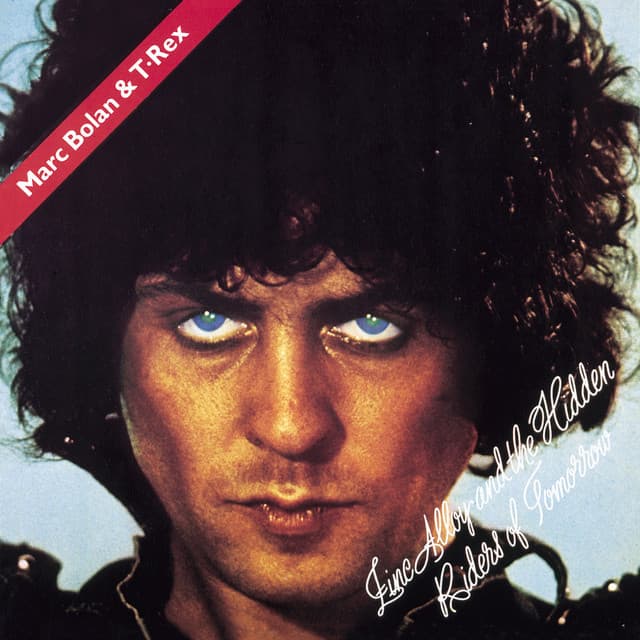
When The Glitter Faded: The Melancholy Ballad of a Glam Rock God
Ah, the 1970s. For many of us, it was the decade defined by the luminous, mischievous sparkle of Marc Bolan and T. Rex. Yet, beneath the platform boots and feather boas, there was a deeply reflective soul whose music, as the decade wore on, began to carry a weighty sense of melancholy. No song captures this bittersweet transition quite like “Teenage Dream.”
Released as a single in February 1974, “Teenage Dream” was a bold, almost operatic departure from the three-minute boogie simplicity that had made T. Rex superstars. At a time when Bolan’s commercial magic was beginning to wane in his native UK, this magnificent single managed to pierce the charts, peaking at Number 13 on the UK Singles Chart, a respectable but telling step down from the endless stream of chart-toppers he’d enjoyed only a year or two earlier. Significantly, the single was the first to be credited to Marc Bolan and T. Rex, rather than just the band’s abbreviated name—a subtle but potent signal that the spotlight was fiercely focused on the visionary at the centre.
The story behind this track is drenched in the emotional turmoil of its creator. Bolan wrote and recorded the song in August 1973 while touring the United States, a period that was, by all accounts, intensely fraught. The American market, despite his best efforts, never fully succumbed to “T. Rextasy,” and the relentless pressure, combined with personal struggles and an escalating battle with his own excesses, was taking its toll. “Teenage Dream” became his confessional.
This song is less a rock single and more a grandiose musical statement, co-produced by Bolan and the ever-reliable Tony Visconti. It’s a vast, sweeping seven-minute canvas—a “virtual mini-opera,” as some critics described it—draped in soaring strings, echoing backing chorales, and a dramatic, wailing guitar. The meaning of the song is profoundly introspective: it is a lament for the passing of his golden, untouchable era, the moment when the “teenage dream” of endless success and glamour was starting to fracture under the weight of reality. Bolan himself considered it the best lyric he had ever written, a candid glimpse into the mind of a superstar grappling with the reality of his increasingly detached and pressured existence. The lyric, “I’ll only die for you, that’s all I’ll do,” has always sent a shiver down the spine, especially when viewed through the sad lens of his tragic death just a few years later.
When we listen to “Teenage Dream” today, it evokes a powerful wave of nostalgia, not just for the music itself, but for the end of an era. It’s the sonic proof that Bolan was attempting to evolve, to mature beyond the ‘cosmic dancer’ and become a serious, world-class rock artist capable of profound musical architecture. It stands as a glorious monument to the bittersweet awareness that the purest dreams of youth are, by their very nature, fleeting. It reminds us that even gods on sequined pedestals feel the weight of time, and in this song, Bolan gifted us a heartbreakingly honest glimpse of the man behind the magnificent facade.